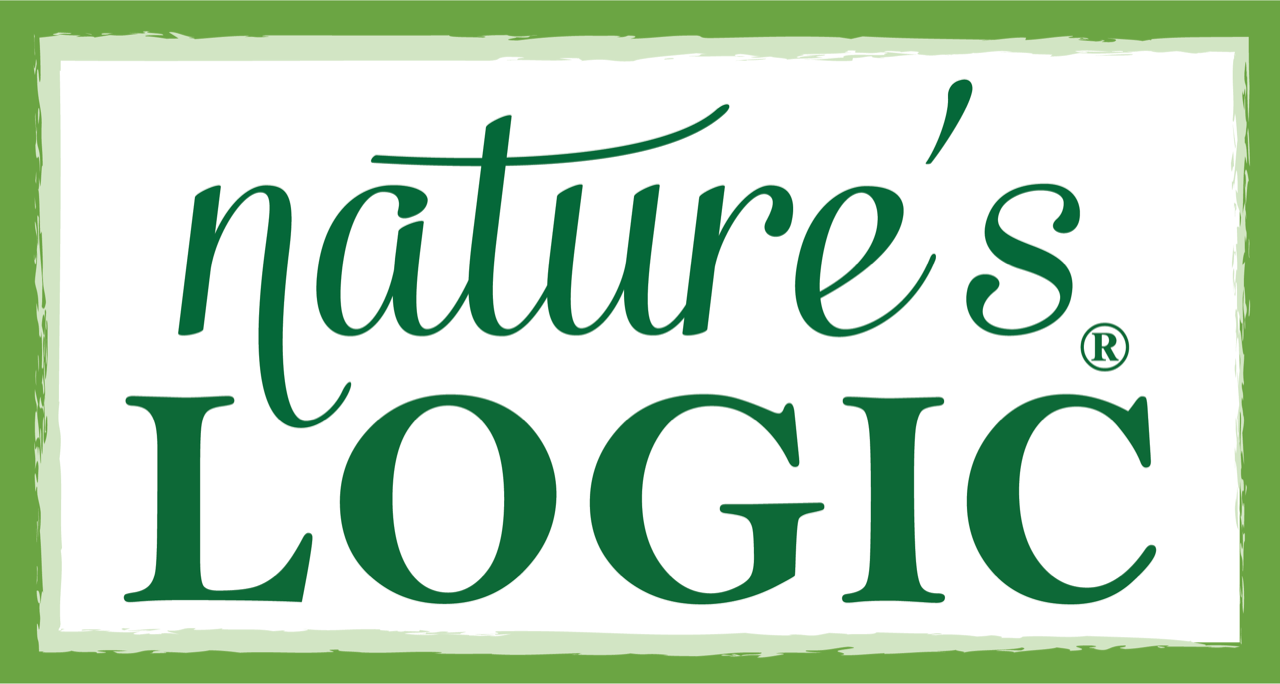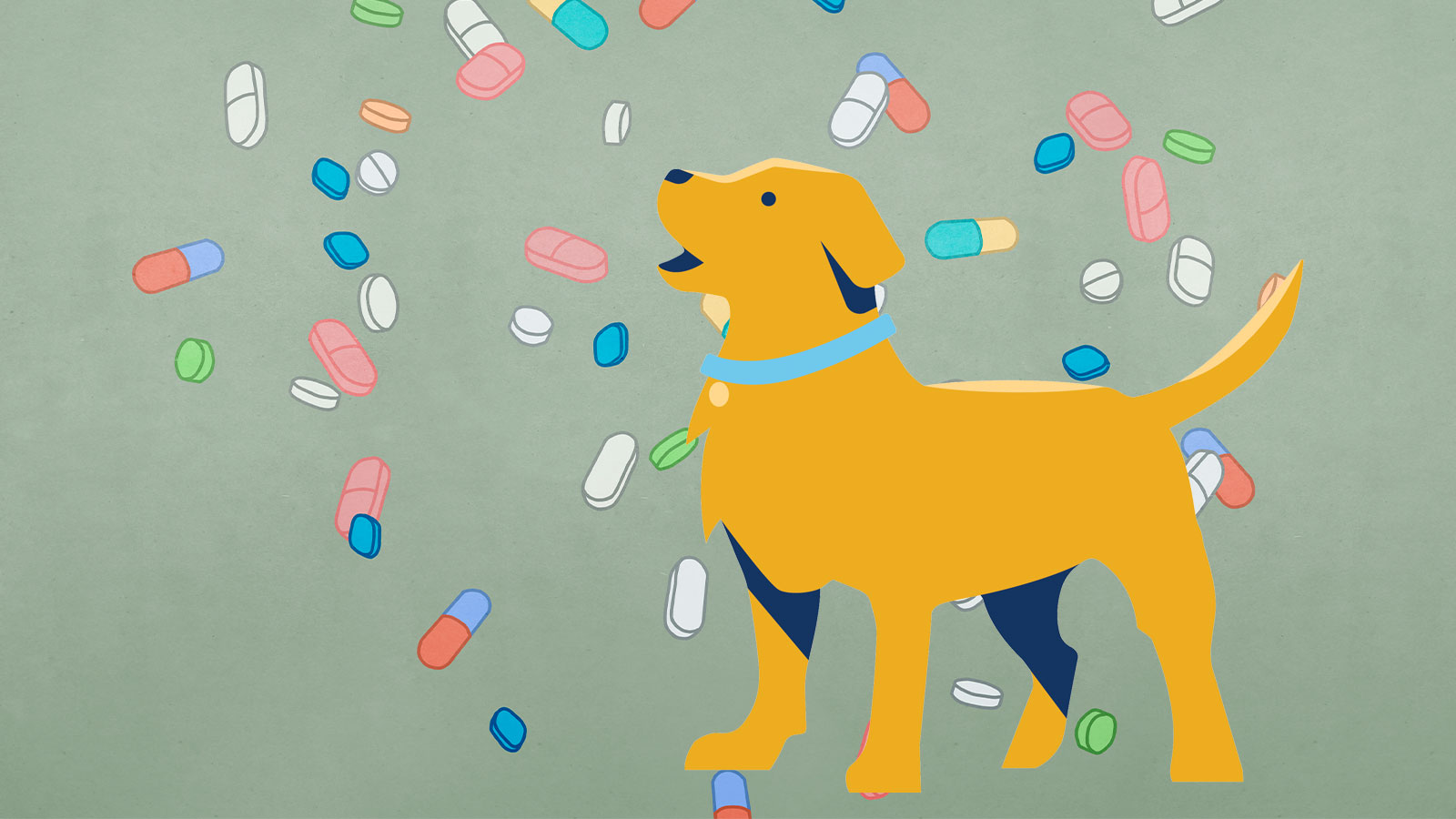A patient in her forties dealing with a host of serious digestive conditions came to see Ayurvedic medicine practitioner and former pharmaceutical marketer Deacon Carpenter. “Because of her high-pressure tech job, she was eating mostly packaged and frozen meals that could be prepared in the microwave,” Carpenter said via Zoom from his home in northern California. “She was also spending, on average, over $500 per month on supplements which she believed were helping her stay well.” Yet, Carpenter says, his patient “would prepare organic meals for her dog that had a kidney infection,”
So Carpenter recommended that the woman take a similar approach to her own health. After a couple months she was weaned off of most supplements and preparing healthy meals for her and her dog to eat together. Eating whole foods and limiting supplements, Carpenter reports, has helped her feel much better.
Such a supplement-dependent lifestyle might not sound surprising. Humans have long searched for magic pills to improve our health and elongate our lives. The supplement industry was already thriving when the pandemic began, but in 2020, amid a devastating economic depression, the industry grew another 12.1%.
As we load up on vitamins C, D, and zinc, few of us know what we’re actually ingesting or where (and how) those supplements are sourced. In fact, it’s incredibly difficult to find out.
And, if synthetic supplements are mostly used to bolster a hectic, nutritionally deficient human lifestyle anyway, why give them to pets? A small pet food company in Nebraska is asking consumers to question the process of how our vitamins and minerals are made, and whether this century-old science is worth the downsides to the planet, our pets, and us.
The age of chemistry
The scientific breakthrough that enabled the production of vitamin supplements is something familiar to many people currently in coronavirus lockdown: isolation. In 1912, chemist Casimir Funk first isolated niacin (commonly known as vitamin B3) from rice.
Funk’s tactic enabled chemists to isolate a host of other compounds, including what we now consider vitamins A, B, C, and D. This discovery gave humans the ability to add these isolated nutrients to processed foods and supplements in order to boost nutritional content.
But these nutrients are incomplete on their own. For example, what we understand to be vitamin C in pill form is actually just ascorbic acid. And while ascorbic acid is an important nutrient for human health, it’s not the same as eating a natural source of vitamin C, like an orange.
According to nutritionist Mascha Davis, when you eat an orange, you’re getting a host of biologically active compounds only found in plants that help your body process, digest, and use the beneficial nutrients of the entire vitamin. When you simply take the extracted compound we call vitamin C, especially at the high doses in supplements, the body can’t always absorb it safely or effectively.
Learning from animals
In the 1940s, one physician, Francis Pottenger, was not convinced that adding vitamins and minerals to food was better for health. For 10 years, he observed the effects of cats’ diets on their health as well as that of their offspring — thousands of cats in all. He found that for cats that ate processed foods, like cod liver oil and condensed milk, the next generation had weaker bones, infertility issues, and increased respiratory problems compared to those that ate raw meat and fish along with fresh milk.
But that’s not how most nutrition studies are performed these days. Today we approach pet nutrition as a collection of individual, isolated nutrients. In fact, the National Research Council, the governing body that publishes the nutritional needs for animals and humans, put out strict guidelines for more than 40 proteins, fats, vitamins, and minerals that need to be met in a commercial pet food to be considered adequate for pets.
It’s easier (and cheaper) for pet food companies to meet these standards by adding a premixed blend of vitamins and minerals, rather than using a variety of nutrient-rich whole food ingredients in the first place. But this approach also adds risks, which was made clear in recent years when pet foods from major brands were recalled for having too much vitamin D, which can lead to illness or kidney failure at high doses.
“I’ve been in practice for almost 40 years,” says veterinarian Thomas Cameron, consultant for Nature’s Logic since 2015, “and I can attest that animals today are not as healthy as they were when I got out of school and pets were eating more whole foods.”
It’s not a far leap to make a similar assertion about human health. In fact, these animal studies are the basis for determining safe levels of vitamins for humans.
Unfortunately, there’s little regulation from the FDA for supplements, vitamins, or minerals since they are regulated as foods not as drugs (despite being synthetic). Consumers are left in the dark, many never imagining the need to question the integrity of how their supplements are sourced. In fact, when this Grist writer reached out to interview every supplement company in her medicine cabinet, not one was willing to comment on where (or how) they source their products.
Supplements support fossil fuels
This lack of transparency has implications for environmental health as well. Supplement companies bolster the fossil fuel industry in a number of ways. Beyond plastic packaging, the production of supplements makes greenhouse gas emissions, and many of the minerals themselves are synthetic, meaning they are derived from things like coal and tar.
With this in mind, in 2005, Scott Freeman, founder of Nature’s Logic pet food, decided to create a pet food made from real food. He explored many different recipes, using foods like berries, pumpkins, and mushrooms, as well as food-based probiotics like dried Lactobacillus acidophilus. By the end of that year, his pet food passed a feeding trial that measured all life stages, meeting the literal gold standard for pet food.
By using only natural ingredients from real food, he avoided synthetic additives altogether, and lessened the company’s dependence on fossil fuels in the process.
Where does that leave humans?
Davis, who is the author of Eat your Vitamins and a spokesperson for Nature’s Logic, advocates that living things don’t need a magic pill to give us the nutrients we need. Even in the pandemic, she argues that we should strive to have a balanced diet. “We can better absorb and utilize all of these key nutrients from real food sources,” she said via Zoom from Los Angeles.
Deacon Carpenter adds that surely, there are benefits of supplementing vitamin deficiencies. But we should think twice about spending money supporting an industry that isn’t upfront about where (or how) they source those supplements. Or what the carbon footprint is of doing so. He says if you do purchase supplements — and some people do need to amend their diets with a supplement — make sure the company sources each nutrient from real food. Most don’t.
In the end, Scott Freeman urges pets’ best friends to do what he did for his company and start attuning our — and our pets’ — dietary needs to what we can access from nature. “We’re brainwashed to think we need all that stuff, when really, in fact, you can get what you need from food.”
Nature’s Logic™ is a line of 100% natural, premium pet food and treats that contain NO synthetic vitamins. Nature’s Logic is dedicated to sustainable practices including selling their Nature’s Logic Distinction products at locally owned stores, using MSC (Marine Stewardship Council) sustainably certified seafood in their newest diets and producing all kibble and bags with 100% renewable electricity. They are also incorporating new packaging with more post-recycled materials and higher recycling value.




